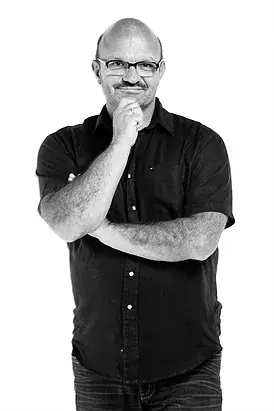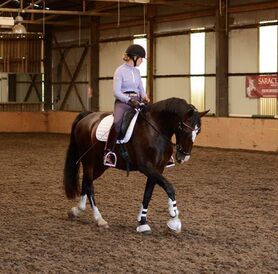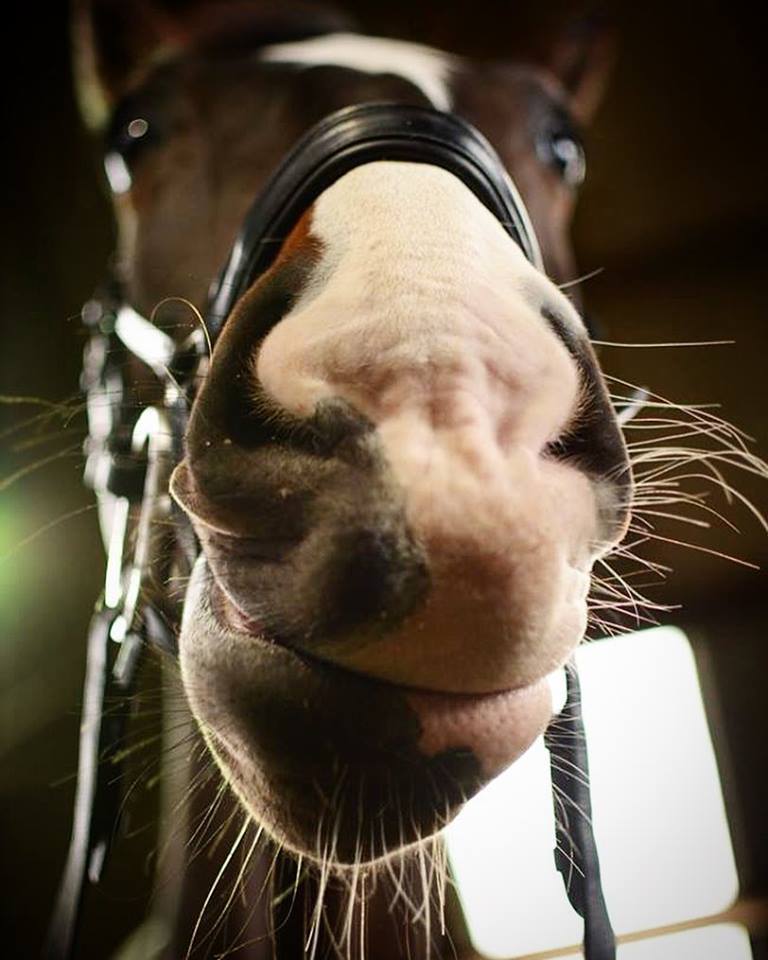 by Dirk Stroda It's our nature: we want to get better in what we are doing. Here is how: Athletes train and acquire skills that will better them physically, technically and mentally. They train every day. If they miss one day of practice, they know that their competitors will have an advantage - so they train harder the next day. Students study. They know that studying every day will do the trick and make the tests easy. British poet John Keats (1795 – 1821) made a decision and devoted his life to writing poetry. He wanted to write a very long poem. To be exact, the poem should have 4,000 lines. He achieved his goal of writing 4,000 lines with an impossible deadline. He gave himself 7 months ... and he wrote 50 lines per day. Keats not only wrote his masterpiece "Endymion" but made many invaluable experiences I want to share with you:
The take-away: Find what excites you and what you are passionate about. Do it and do it often. Do it every day. Miracles and masterpieces happen when you do them - not when you want them. Keats had his most productive two years of his short life by giving himself the rigorous task of writing 4,000 lines, step by step and day by day. He is considered one of the greatest in the history of Western literature. Cheers to a year ahead where we can all remind ourselves to elevate our standards. You don’t have to wait for the New Year 2020. The best time to start a new habit is always NOW. #mentalcoach #lifecoach #legacycoach #dirkstroda ------------------------------------------------------------ About Dirk Stroda, Legacy Coach, Canada Dirk Stroda is an author, speaker and personal coach for several world-class equestrian athletes. He conveyed his experience as the Team Mental Performance Coach to Equestrian Canada at World Equestrian Games, PanAm Games, and the Olympics/Paralympics. In his 30+ year coaching experience his athletes and teams participated at 13 Olympic Summer and Winter Games and countless National and International Championship events. Stroda co-authored widely recognized medical studies and research papers; one of them is published at the St. Andrews PGA Library. He is coaching leaders of multi-Million Dollar companies in the US and Canada. Dirk lives with his family in Kelowna, British Columbia, Canada. Contact: www.dirkstroda.com (Dirk's book is available through his website)
0 Comments
 Over my coffee this morning I was reading a very interesting and wise blog by Frank Sonnenberg. For me, training horses and self-improvement are one and the same thing. After all, who doesn't want to improve themselves for the good of their horse? "Well, if you look in the mirror and don’t like what you see, don’t blame the mirror. It’s never too late to change." WOW! How profound it that! On so many levels! Let's attack this like an onion. Starting with the literal, how often do we ride with mirrors or using photo/video feedback and grumble about what we see? The aim is not to be self-satisfied; it's about being able to be personally accountable, taking responsibility for and then critically accessing what's in front of us, both positive and negative. Then on the deeper level, it is often said the horse is the mirror of our soul. The horse reflects right back at us our hopes, fears, frustrations and attitudes. Horses give us the purest feedback about who we are. (They have very little agenda. Honestly, in all the hundreds of horses I have worked with I can't think of one that had more of an agenda than expressing past baggage or its needs for safety.) If we listen to that hugely valuable feedback and take it onboard then horses will help us grow as riders and as human beings. One of the biggest leaps forward a rider can make is when they flick the internal mental switch to being accountable for their horse's feedback. Then the next big leap comes when they learn it's not personal and that they can grow from it. It's not for nothing that in the early 17th century the French court of Louis XIII set up a riding academy headed by Antoine de Pluvinel to teach the young noblemen not just the art of academic riding but the moral fibre required to lead men and govern. This hugely expensive endeavor was considered necessary to build the character to take nation's future forward. “Character isn’t something you were born with and can’t change, like your fingerprints. It’s something you weren’t born with and must take responsibility for forming.” - Jim Rohn So often today we live in with the static 'I am who I am' culture but through the honest, unbiased feedback of our horses we can form ourselves into our best 'who I am' without losing our sense of self. We are all works in progress! |
Author Canadian Paralympic dressage rider and trainer Bert Sheffield is the creator of the HeartHorse Dressage mentoring programme. Archives
April 2021
Categories |


 RSS Feed
RSS Feed
